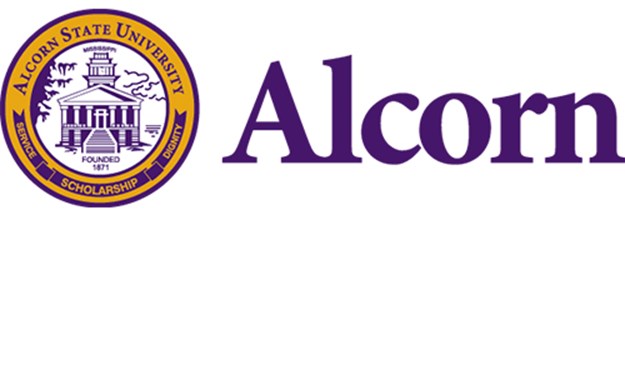Ms. Ruby and the HBCU Egalitarian Tradition

The news hit like a proverbial punch to the gut. “Is it true that Ms. Ruby passed away?” I distinctly remember the raw emotions that I experienced when this text message from a popular football player on campus came through my phone. Honestly, I hadn’t heard anything, and as I sat in the office of a colleague who was close friends with Ms. Ruby and relayed the question, her shocked response indicated that she had no knowledge of the situation either. Jumping onto various social media outlets, I quickly discovered that the students had definitely become more aware of this information far before any institutional representatives, and indeed, they were sharing the news with profound sadness.
For years, Ms. Ruby stood at the front counter at the cafeteria making sure that no one would enter without swiping the Alcorn ID card or paying for the meal. She guarded that station like the most dedicated soldier would protect the military base, accepting no excuses and cutting no slack for anyone. Whether you were a student or an administrator, it was pay up or stay out. I would frequently joke with Ms. Ruby how she should let me in for a free meal. She’d give me a little smirk, and then go right ahead taking my money before quickly reaching out to grab the next person’s card. To be clear, she was not mean about it, just matter-of-fact serious. Ms. Ruby took pride in doing her job.
Shortly thereafter, on the famous Chicken Wednesday when everyone shows up for lunch and most students wear their sharpest outfits, the Gospel Choir started setting up in the café. In a move perhaps never seen before, one student from the choir bellowed out and requested for the entire room to pay attention. Quickly, the packed room focused on him, and he proceeded to ask everyone to remember Ms. Ruby with a moment of silence. Following the show of respect, the Gospel Choir launched into a mini-concert to honor her. The room reverberated with the energetic sounds of praise and celebration of life.
That night, about 100 people gathered on the historic Oakland Memorial Chapel steps for a candlelight vigil. Toward the close of the program that featured passionate words of love for Ms. Ruby from students and co-workers, I watched a particularly stoic young man become overwhelmed with emotions. Clearly, Ms. Ruby had shown that she loved Alcorn and our students. I only hoped that Ms. Ruby fully knew how much she was appreciated in return.
Since her passing, I started thinking about why it seems to be that so many HBCU students create meaningful connections with individuals who hold what might be considered the positions with lower occupational status on campus. These folks don’t typically possess the degrees and professional resumes that represent the directions our students are hoping to travel. Certainly, they are not being paid the kind of money that would impress our upwardly mobile young people.
Maybe it’s because at Alcorn, like most HBCUs, the concept of family is not just some abstract branding concept, but rather, part of who we truly are. Perhaps proud individuals like Ms. Ruby and countless others remind our many working-class students of uncles and grandmothers back home who lacked the opportunities to pursue higher education but continue to labor diligently and make sacrifices to ensure that the dreams of the younger generations could be nurtured. I have discovered in my many years at HBCUs that students seem far more open to receiving words of advice, encouragement, wisdom, and even critique from a much broader array of folks t




